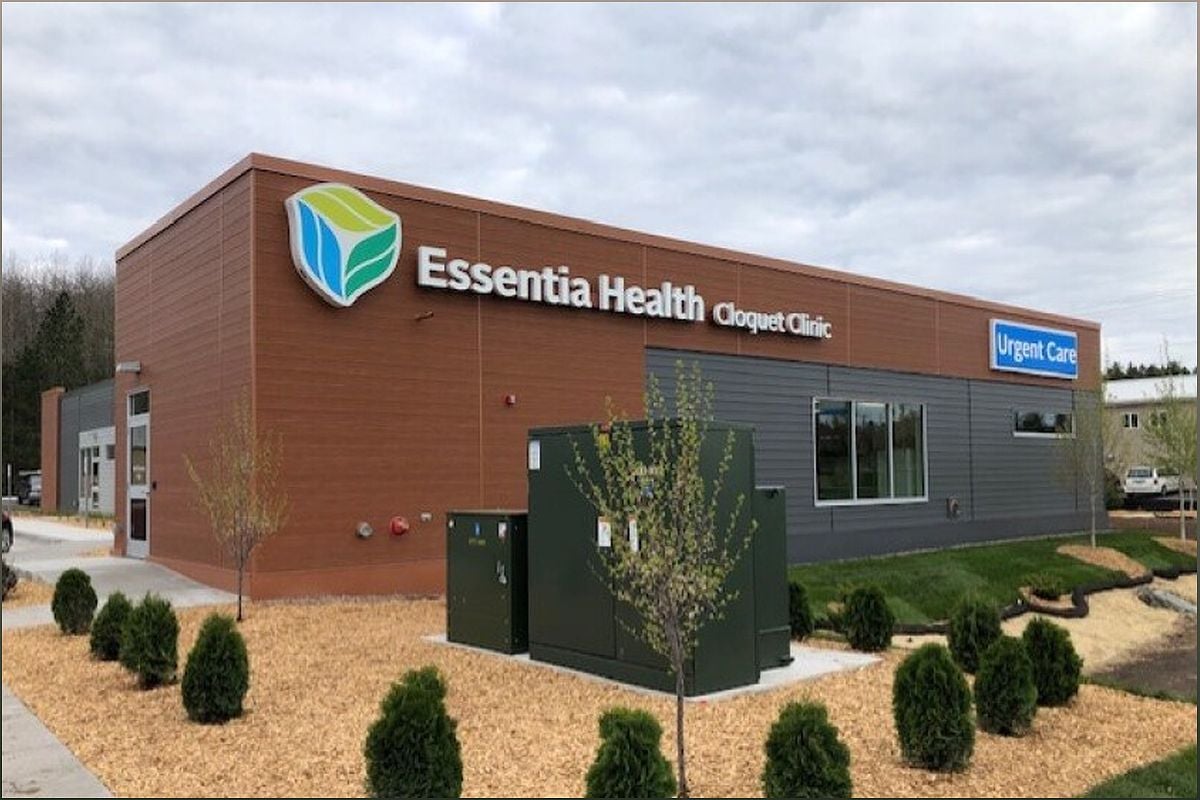Challenges Faced by Rural Health Care Systems in Minnesota
National Rural Health Day shed light on the obstacles encountered by rural health care systems in Minnesota. Join me, Jennifer Smith, as we explore the financial struggles and access barriers faced by these systems. We’ll also delve into the innovative solutions being implemented by Essentia Health and St. Luke’s Lake View Hospital to ensure quality care for rural communities.
Financial Struggles in Rural Health Care
Explore the financial challenges faced by rural health care systems in Minnesota.
Rural health care systems in Minnesota encounter significant financial struggles. Government payors often reimburse less than the cost of care, making it difficult for these systems to provide services. This leads to negative operating margins for many hospitals and health systems, resulting in the closure of rural hospitals and job losses in small communities.
Essentia Health and St. Luke’s Lake View Hospital are no exception to these challenges. As president of Essentia East, Dr. Bill Heegaard emphasizes the financial struggles faced by government-funded health care systems in delivering care to rural areas. Greg Ruberg, vice president of St. Luke’s and president/CEO of Lake View Hospital, echoes this sentiment and highlights the challenges faced in obtaining prior authorizations for specific services from commercial payors.

Despite these financial obstacles, both organizations remain committed to providing high-quality care in rural areas. Essentia Health focuses on offering easier access to its clinics and has expanded services in rural areas through the addition of hospitals and clinics to its network. They also utilize telehealth and community paramedic programs to improve access to care. St. Luke’s Lake View Hospital has formed strong community partnerships to make services attainable in its rural setting.
Access Barriers in Rural Health Care
Discover the access barriers faced by rural communities in Minnesota and the efforts to overcome them.
Access to health care services is a major concern in rural areas of Minnesota. The limited availability of hospitals and clinics, as well as the distance patients must travel to receive care, pose significant challenges. This is further exacerbated by the closure of rural hospitals, which puts a strain on ambulance services and increases the burden on remaining health care facilities.
Essentia Health and St. Luke’s Lake View Hospital are actively working to address these access barriers. Essentia Health is focused on expanding its network of hospitals and clinics in rural areas, ensuring that residents have easier access to care. They also utilize telehealth services to bridge the gap and provide virtual consultations. St. Luke’s Lake View Hospital has formed strong community partnerships to bring essential services closer to rural communities.
By implementing these strategies, both organizations are striving to make health care more accessible in rural areas, ensuring that residents receive the care they need without having to travel long distances.
Workforce Challenges in Rural Health Care
Learn about the workforce challenges faced by rural health care systems and the strategies being implemented to address them.
One of the major challenges faced by rural health care systems is the shortage of healthcare professionals, particularly in nursing. The limited availability of qualified staff in rural areas makes it difficult to meet the growing demand for healthcare services. This shortage not only affects the quality of care but also puts a strain on the existing workforce.
To address these workforce challenges, Essentia Health and St. Luke’s are collaborating with educational organizations to attract and train healthcare professionals. They offer training and development opportunities for employees, encouraging them to pursue careers in rural health care. By investing in the workforce, these organizations aim to ensure a sustainable and skilled healthcare workforce in rural areas.
However, attracting and retaining healthcare professionals in rural areas remains an ongoing challenge. Efforts are being made to make rural practice more appealing by offering competitive salaries, incentives, and support for professional growth.
